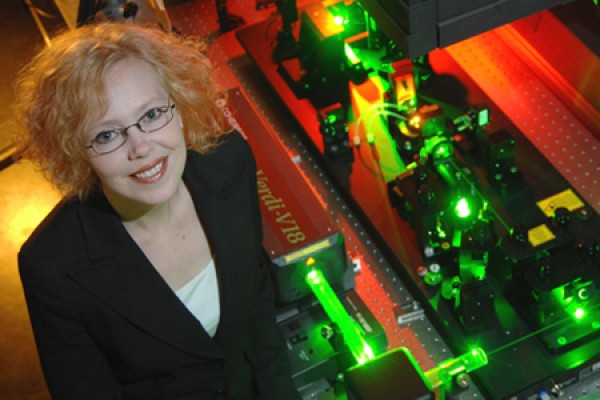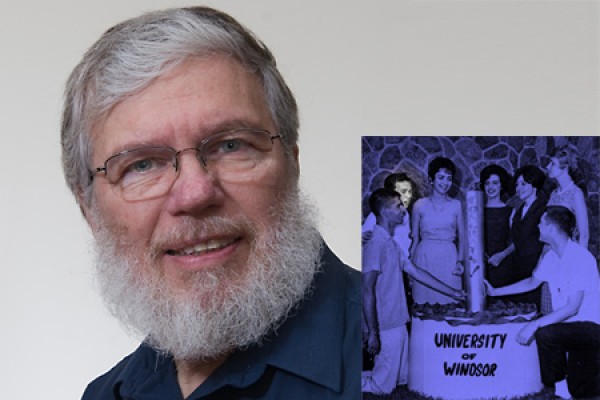 Dalhousie physics professor Kimberley Hall will discuss her research into quantum computing Friday on the UWindsor campus.
Dalhousie physics professor Kimberley Hall will discuss her research into quantum computing Friday on the UWindsor campus.
Dalhousie physics professor Kimberley Hall will discuss her research into quantum computing Friday on the UWindsor campus.



 therapies, according to a guest lecturer who will speak here tomorrow.
therapies, according to a guest lecturer who will speak here tomorrow.
